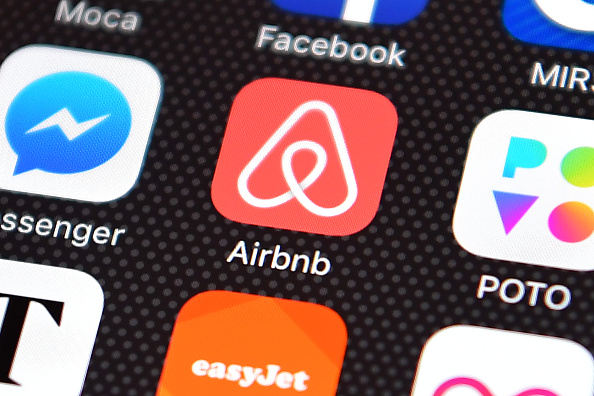Airbnb’s adolescence will be defined by its ability to grow
Friday, August 12, 2022 6:15 a.m.
As Airbnb celebrates its fourteenth anniversary this week, it might be time to reflect on what adolescence means for one of the world’s biggest tech companies. The hosting platform was born in 2007; the same year Steve Jobs launched the iPhone to the world, Netflix moved from physical media to streaming, and Amazon’s Kindle was launched. In short, it was a very different world.
The early years of Airbnb were protected. The platform was able to grow in the loving arms of venture capital and private equity. Companies like famed Silicon Valley investor Andreessen Horowitz and established asset managers like T Rowe Price have been throwing money at the fledgling start-up. With low interest rates everywhere, capital flowed easily to promising companies like Airbnb.
However, the company’s life to date has not been without difficulties and challenges. The pandemic caused bookings through the platform to plummet as travelers stayed home. Despite these challenges, the company proceeded with an IPO in December 2020. Even amid Covid-19, it was successful in its float, with its share price doubling overnight.
With a market cap of around $73 billion, the company needs to prove itself as a grown-up. As it grows, the expectations of policymakers and regulators will also increase. Regulators could also start listening more carefully to those concerned about the impact of platforms like Airbnb on their communities. Inside Airbnb describes itself as “a mission-driven project that provides data and advocacy on Airbnb’s impact on residential communities.”
Those working with the project say the platform has “spiked rents, caused damage to urban communities and destroyed affordable social housing programs”. But these charges had little impact on the company’s valuation.
To date, with the exception of a handful of cities, Airbnb has managed to continue to grow without being overly regulated. Indeed, the company and its peers have been hailed by politicians as innovative icons. Liz Truss, who remains the favorite to be the next prime minister, is one of them; in 2018, the then Chief Secretary to the Treasury wrote, “Britain is a nation of Uber-riding, Deliveroo-ing, Airbnb-ing freedom fighters.”
Regardless of the outcome of the Conservative leadership election, Airbnb will have to address the concerns of people like Inside Airbnb; the future of the gig economy really depends on the wishes of regulators in Washington and Brussels rather than Westminster. Airbnb is unlikely to continue enjoying the kind of growth it has seen so far if it is subject to regulatory constraints that cap or punish listings.
Part of growing up is recognizing your role in the world. Airbnb may have more work to do here. The company’s prospectus materials spoke meaningfully of Airbnb’s need to “serve the communities in which we operate” and through its Open Homes initiative it has helped house refugees and people affected by natural disasters. . Whether that will be enough to appease the company’s opponents remains to be seen.
As the cost of living tightens, people facing rent increases will either see platforms like Airbnb as the enemy and contributing to the pinch, or an opportunity to bring in some extra cash. It is up to regulators to determine and shape that response. All that is certain is that, like other members of Generation Z, Airbnb is about to live its teenage years in turbulent economic times. Anyway, happy birthday to you Airbnb.


Comments are closed.